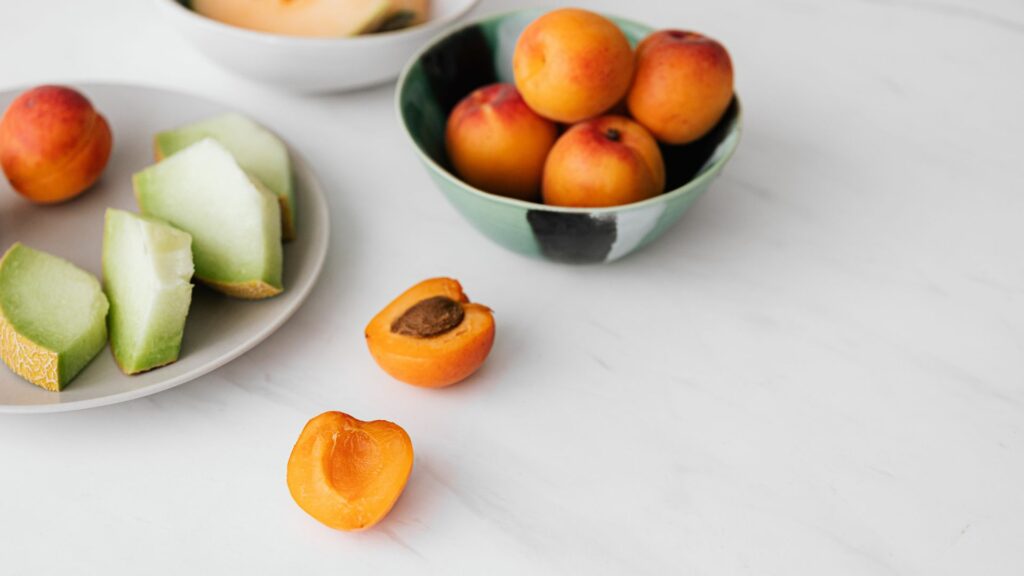Why Diet Matters With IC: A Simple Guide To Trigger Foods
Table of Contents
Interstitial cystitis, otherwise known as IC, can make everyday life a bit more challenging, and managing symptoms often feels like solving a big mystery. One key piece of the puzzle for many people is diet. The foods you eat can play a big role in either soothing your bladder or triggering uncomfortable flare-ups.
If you’re wondering how diet impacts IC symptoms and which foods to avoid, you’re not alone. Let’s break it down so you can feel more confident about what’s on your plate.
How Diet Impacts IC
IC is a chronic bladder condition characterized by symptoms like pain, urgency, and frequent urination. While the exact cause of IC is still unclear, certain foods and beverages can irritate the bladder lining, leading to flare-ups. Identifying and avoiding these trigger foods can make a noticeable difference in managing your symptoms.
It’s important to note that not all people with IC are sensitive to the same foods. Keeping a food diary can help you pinpoint your unique triggers and create a diet tailored to your needs.
Common Trigger Foods to Watch For
Certain foods are more likely to irritate the bladder. While triggers can vary from person to person, here are some common culprits to consider doing a trial elimination of:
Acidic Foods
- Citrus fruits such as oranges, grapefruits, lemons, limes.
- Tomatoes and tomato-based products such as sauces, ketchup, salsa
Acidic foods can aggravate the bladder lining, leading to discomfort and even pain. If you can’t imagine giving up your favorite dishes, try low-acid alternatives like non-citrus fruits such as pears, blueberries, apples, or tomato-free pasta sauces.
Caffeinated Drinks
- Coffee, tea, and energy drinks
- Sodas
Caffeine is a bladder irritant for many IC patients, increasing urgency and discomfort. Switch to herbal teas like chamomile or peppermint, or decaf options to keep your mornings stress-free. Moderate amounts of caffeine may be tolerated in certain people, this is something you can experiment with. Keep caffeine to a minimum while dealing with flare-ups.
Carbonated Beverages
- Soda, sparkling water, and champagne
The bubbles in carbonated drinks can cause bladder irritation for some people. Sticking to flat beverages like water or herbal teas may help.
Spicy Foods
- Hot peppers, chili powder, and spicy sauces
Spices can aggravate bladder sensitivity, so opt for milder seasonings like basil, oregano, parsley or dill to flavor your meals without the flare-ups.
Artificial Sweeteners
- Aspartame, saccharin, and sucralose
These sweeteners are common in diet sodas and sugar-free products, but they’re known triggers for many with IC. If you’re craving sweetness, natural options like stevia or small amounts of honey may be better tolerated.
Alcohol
- Beer, wine, and cocktails
Alcohol is a frequent trigger for IC symptoms due to its dehydrating and acidic properties. Consider swapping your glass of wine for a bladder-friendly mocktail.
Processed and Preserved Foods
- Deli meats, canned soups, and packaged snacks
These foods often contain preservatives and additives that can irritate the bladder. Cooking fresh, whole foods at home can help reduce symptoms.

Finding Your Personal Triggers
Not all triggers affect everyone with IC, so finding your personal irritants is key. Here’s how to identify them:
Keep a Food Diary
Write down what you eat and drink each day, along with any symptoms you experience. Over time, patterns will emerge.
Try an Elimination Diet
Remove common triggers from your diet for a few weeks, then reintroduce them one at a time to see which ones cause symptoms.
Work with a Specialist
A dietitian, naturopathic doctor or IC specialist can help guide you through the process and ensure your diet remains balanced.
What to Eat Instead: IC-Friendly Foods
While avoiding triggers is important, knowing what you can eat is equally valuable. Many people with IC find these foods soothing and bladder-safe:
- Lean Proteins: Chicken, turkey, eggs, and tofu
- Non-Citrus Fruits: Blueberries, pears, watermelon
- Vegetables: Cucumbers, zucchini, green beans, carrots
- Grains: Oats, quinoa, rice, and gluten-free breads
- Dairy Alternatives: Almond or oat milk (if tolerated)
Hydration is also essential, but plain water isn’t your only option. Try herbal teas or infused water with bladder-friendly fruits like blueberries or cucumber to change things up.
Other Tips for Managing IC
While diet plays a big role in symptom management, it’s not the only factor. Stress, dehydration, and lifestyle choices can also impact your symptoms. Pairing dietary changes with practices like mindfulness, regular hydration, and gentle movement can enhance your overall well being.
Take Back Control with IC
Managing IC through diet can feel overwhelming at first, but small changes can lead to big improvements. Start by tracking your triggers, focusing on IC-friendly foods, and making adjustments that work for your body. Over time, you’ll build a diet that supports your bladder health and fits seamlessly into your lifestyle.
Share: